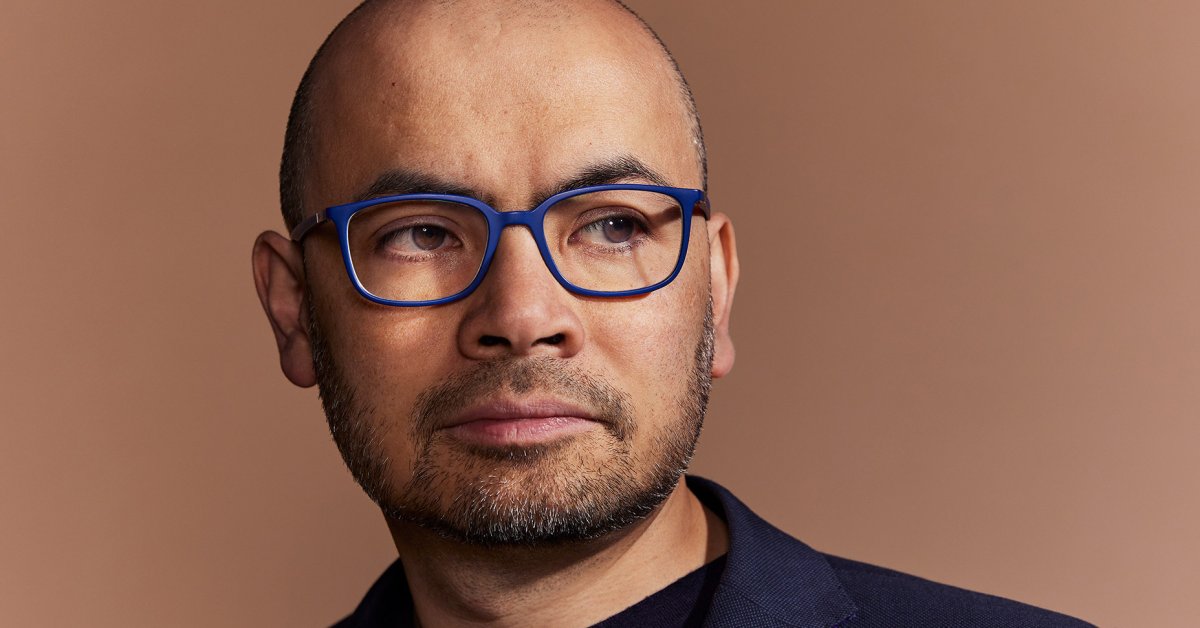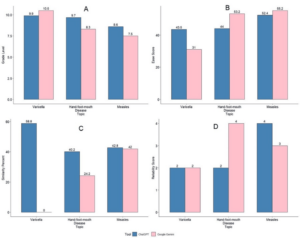Demis Hassabis Gears Up for the Final Phase of AI

Understanding Demis Hassabis and His Role in AI Development
Who is Demis Hassabis?
Demis Hassabis is a prominent figure in the world of artificial intelligence (AI). He is the founder and CEO of DeepMind, a leading AI research organization acquired by Google in 2015. Hassabis has a background in neuroscience, cognitive science, and computer science, giving him a unique perspective on how to emulate human intelligence in machines. His work has garnered attention not only for its innovative approach to AI but also for its potential to address some of society’s most pressing problems.
DeepMind: Revolutionizing AI
DeepMind is known for developing advanced machine learning algorithms and neural networks. One of its most notable achievements is the creation of AlphaGo, a program that defeated the world champion Go player in 2016. This victory demonstrated the potential of AI to tackle complex problems that were thought to be uniquely human.
The organization focuses on several key areas, including:
- Healthcare: Using AI to predict patient outcomes and enhance diagnostic processes.
- Gaming: Developing algorithms that can learn and adapt to various strategic games.
- Robotics: Creating intelligent systems that can perform tasks in real-world environments.
These efforts are part of a broader vision to apply AI across diverse fields, ultimately benefiting society as a whole.
AI’s Endgame: Hassabis’s Vision
Recently, Demis Hassabis has shared his thoughts on the future of AI, describing it as having profound implications for humanity. His belief is that AI will play a crucial role in solving global challenges, from climate change to healthcare inequality. He stresses that achieving advanced AI requires both technological innovation and ethical considerations.
Key Focus Areas for AI Development
- Ethics and Safety: Ensuring that AI systems are developed responsibly with safeguards against misuse.
- Collaboration: Encouraging partnerships between researchers and regulatory bodies to address ethical AI development.
- Public Understanding: Promoting awareness of AI’s potential and limitations to foster informed public discourse.
Recognition and Impact
Hassabis’s contributions to the field have not gone unnoticed. He was recently named one of the "100 Most Influential People" of 2025 by Time Magazine, highlighting his role in shaping the future of AI. His insights and leadership are critical as the world grapples with the implications of increasingly intelligent systems.
Google DeepMind’s Future Directions
Under Hassabis’s leadership, Google DeepMind continues to innovate and expand its research horizons. Some of the focus areas for the organization’s future projects include:
- Enhanced Machine Learning: Developing more efficient algorithms that can learn from smaller amounts of data.
- AI in Science: Utilizing AI to accelerate scientific discovery, potentially leading to breakthroughs in fields like drug discovery and understanding complex biological systems.
- Sustainable Practices: Leveraging AI to optimize resource use, thereby promoting environmental sustainability.
Pichai’s Support and the Industry Landscape
In a recent statement, Google CEO Sundar Pichai reaffirmed his support for Hassabis and the mission of DeepMind. Pichai emphasized the importance of AI advancements and the ethical considerations that come with them, indicating that the tech industry is increasingly focused on responsible AI development.
The Broader AI Ecosystem
The work of Demis Hassabis and DeepMind serves as a cornerstone within the larger AI research ecosystem. Their innovations influence not only computer science but also impact sectors like healthcare, education, and more, driving conversations about the future of work and how society interacts with technology.
As AI continues to evolve, the leadership and vision of figures like Demis Hassabis will be essential in guiding its trajectory toward meaningful and beneficial applications for humanity.






